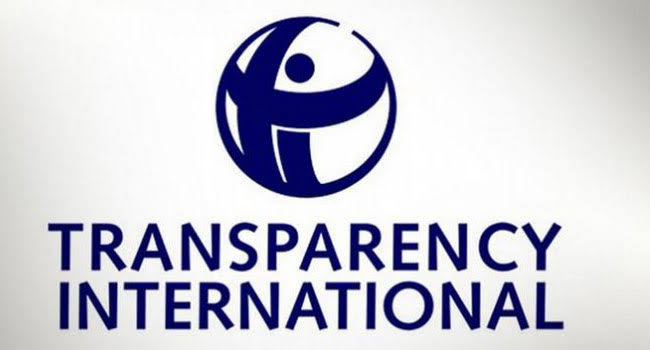According to report reaching oyogist.com, the Federal Government has rubbished the latest report by the Transparency International (TI) on Corruption Perceptions Index in Nigeria.
Recall that Transparency International (TI) in its 2020 Corruption Perceptions Index (CPI) ranked Nigeria as 149 out of the 180 countries assessed.
The CPI revealed that persistent corruption was undermining health care systems and contributing to democratic backsliding amid the COVID-19 pandemic.
But, a statement by the Minister of Information and Culture, Alhaji Lai Mohammed, maintained that the report does not truly reflect the great strides by the country in its fight against corruption.
He said: ”For instance, following the release of the 2019 TI-Corruption Perception Index, the government initiated reforms to improve on Nigeria’s Ease of Doing Business indices. This is because we found that up to 40% of the country’s corruption perception survey indices relate to business processes and general public service delivery processes. Government’s swift action has led to major reforms in the processes at our ports and business process points,”
”In response to these evaluations, a number of significant policies have been instituted to enhance transparency and accountability, and prevent corruption. Even in the middle of the COVID-19 pandemic, a number of key transparency and accountability policies were developed and are currently being implemented.” he added.
”While we expect the results from these reforms to speak for us in due course, we are also taking measures to improve our data collection and retrieval on these issues to reduce the current under-reporting of our ongoing corruption reduction measures.”
”This is very improbable given the nature of behaviour of variables, which are normally influenced by a variety of factors (which is the reason they are called ‘variables’). In this case, the corruption scores would have been affected by changes in the size and structure of the public sector over the past 10 years, changes in policies and personnel and systems over the period including, for instance, process automation, etc. There is therefore a need to verify that there is no transposition of figures from year to year due to absence of current data.”


